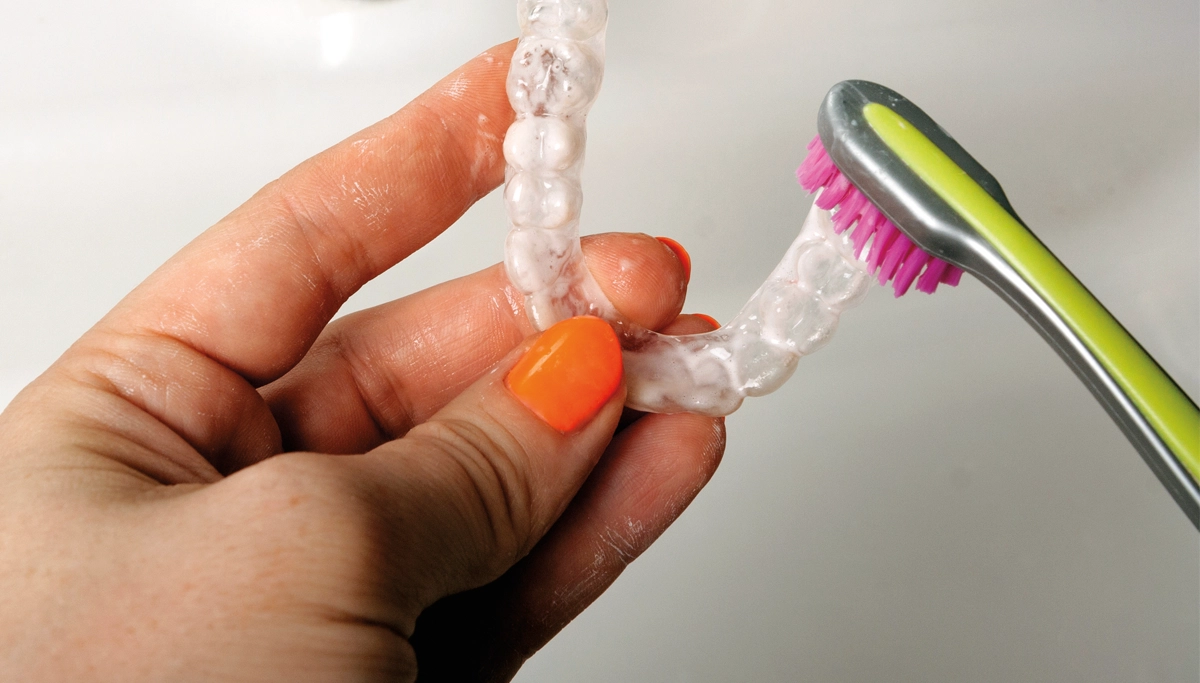On topic with Dr. Dill:
Seasonal allergies and your oral health
After spending more time indoors for winter, seeing spring in bloom can feel like a breath of fresh air – unless you have seasonal allergies. Luckily, you don’t have to let allergies spoil your good time. By understanding how allergies influence your oral and overall health, you can take precautions and help shield yourself from symptoms.
What is an allergy?
An allergy is when your immune system has a negative reaction to a substance (an “allergen”) that isn’t usually harmful. The negative reaction means your body produces antibodies to attack the allergen, which is commonly called an allergic response. The severity of an allergic response can range from minor irritations, like red eyes and a runny nose, to full-blown anaphylaxis, a life-threatening allergic reaction.
Over 50 million Americans experience allergies each year, making them the sixth-most common cause of chronic illness nationwide.
People can be allergic to almost anything, but allergies that flare during spring are most often caused by pollen. Pollen is made up of microscopic grains that plants release for reproduction. Symptoms of allergies may also appear if you’re exposed to dust and mold during spring cleaning.
If you believe you have an allergy, consult your physician for testing and treatment.
Do seasonal allergies affect your oral health?
You may experience allergy symptoms that also affect your oral health. Pollen typically enters your body through your mouth and nose and normal symptoms primarily happen around your eyes, mouth and nose.
But direct symptoms, like sneezing or itchiness, aren’t the only way seasonal allergies can irritate you. Some side effects of allergy symptoms and allergy medications can affect your oral health in ways you might not expect, including:
- Dry mouth caused by frequent mouth breathing or some allergy medications
- Tooth pain and increased sensitivity stemming from stuffed sinuses
- Bad breath and a sore throat due to post-nasal drip
How to handle seasonal allergies
Unfortunately, allergies can’t be cured. With treatment and extra care, it’s possible to limit your exposure to allergens and reduce your symptoms. These tips can help:
- Keep your windows closed and maintain your air conditioning unit with high-efficiency air filters.
- Vacuum and dust once or twice a week to remove settled pollen that has gotten inside.
- Limit your time outdoors on dry, windy days and whenever pollen counts are high. You can check pollen levels at weather.com or pollen.com.
Consult your physician if you need treatment specific to your personal allergies. You can also talk to your dentist about your allergies and any medications you take to treat them. Your medical team can help monitor your symptoms and side effects and can give you recommendations for further treatment.
Mouth-friendly recipe: deviled eggs
These aren’t your grandma’s deviled eggs. Made with Greek yogurt and apple cider vinegar, these snacks are an upgrade on the classic.
What you need to know about baby teeth
If you’re a caretaker of a young child, understanding their oral health needs is essential. This is everything you should know about baby teeth.
What does “clean” mean?
Just like your teeth, retainers and mouth guards need to be cleaned to prevent buildup of bad bacteria. Follow these tips to keep them clean.









